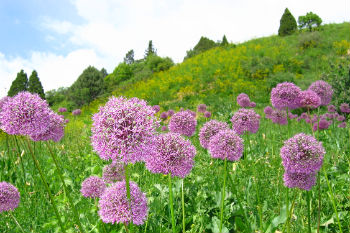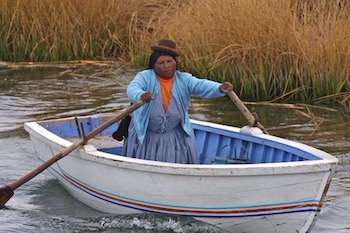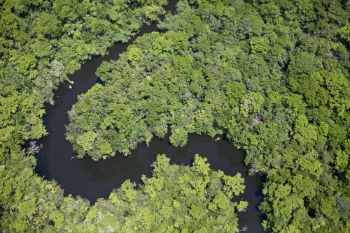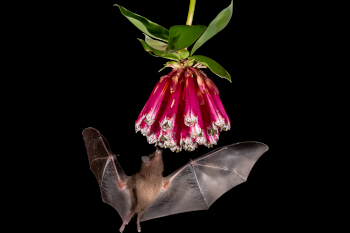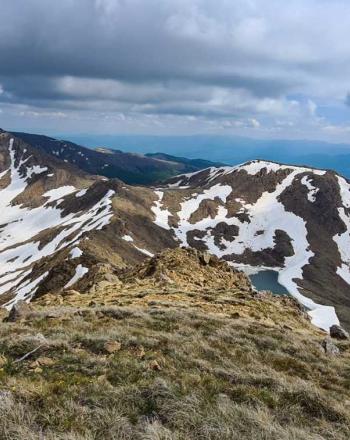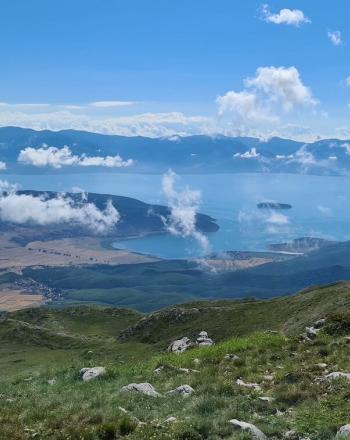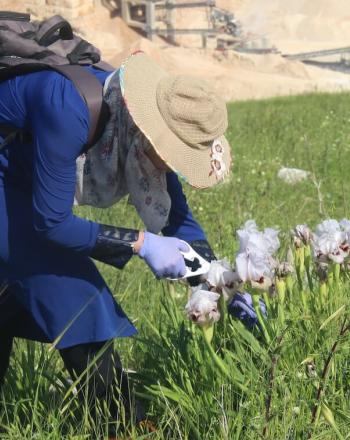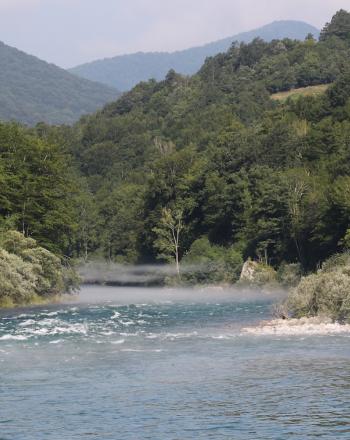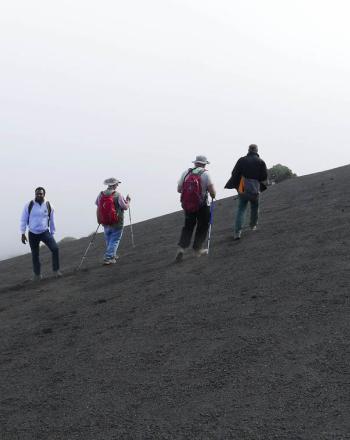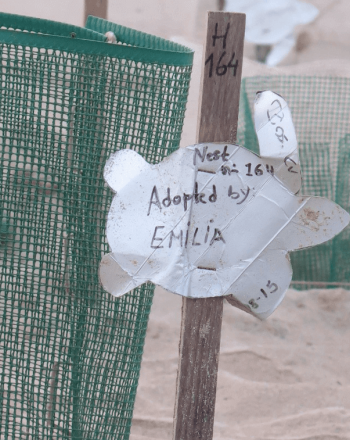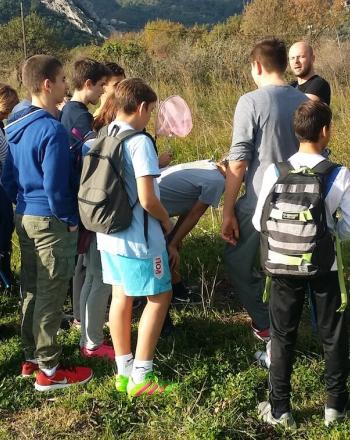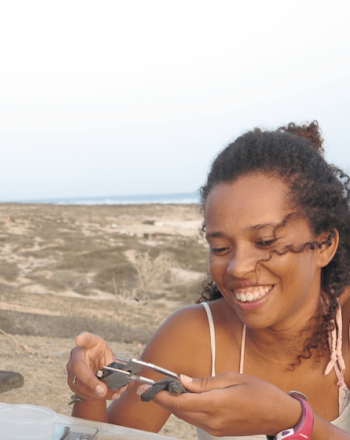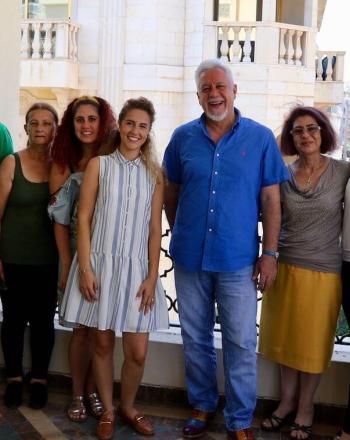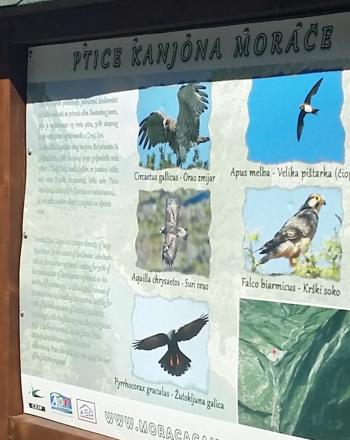Main menu
CEPF is a joint initiative of l’Agence Française de Développement, Conservation International, the European Union, Fondation Hans Wilsdorf, the Global Environment Facility, the Government of Canada, the Government of Japan and the World Bank. A fundamental goal is to ensure civil society is engaged in biodiversity conservation.
Visitez le site français コア情報の日本語翻訳を読むOr use Google Translate to translate the English site to your language:
GTranslate
Priority KBA
Priority Corridor
Other KBA
Other Corridor
Mediterranean Basin
Currently investing and previously invested
Vedran Lucic, RIT Manager
vedran.lucic@dopps.si
The Balkans: Marijana Demajo
marijana.demajo@birdlife.org
North Africa: Awatef Abiadh
awatef.abiadh@birdlife.org
Cabo Verde: Aurélien Garreau
aurelien.garreau@proton.me
Investment
2025 to 2030
US$17.4 million
2017 to 2022
US$12.5 million
2012 to 2017
US$10.7 million
Eligible Countries
Albania
Algeria
Bosnia and Herzegovina
Cabo Verde
Egypt
Jordan
Lebanon
Libya
Montenegro
Morocco
North Macedonia
Palestine
Tunisia
Ecosystem Profile
Ecosystem Profile, 2024
Ecosystem Profile Technical Summary, 2024
Stats
CEPF Strategy Strategy
About this hotspot About
Vedran Lucic, RIT Manager
vedran.lucic@dopps.si
The Balkans: Marijana Demajo
marijana.demajo@birdlife.org
North Africa: Awatef Abiadh
awatef.abiadh@birdlife.org
Cabo Verde: Aurélien Garreau
aurelien.garreau@proton.me
Investment
Dates:
2017 to 2022
Amount:
US$12.5 million
Eligible Countries
Albania
Algeria
Bosnia and Herzegovina
Cabo Verde
Egypt
Jordan
Lebanon
Libya
Montenegro
Morocco
North Macedonia
Palestine
Tunisia
Ecosystem Profile
CEPF has been a pivotal supporter of civil society organizations in the Mediterranean Basin since 2012. In our initial phase, we awarded 108 grants to 84 organizations across 12 countries. The second phase expanded our impact, funding 200 projects with 133 organizations, totaling US$13.9 million.
Over the past decade, civil society in many countries has grown and professionalized, yet the need for support remains high amidst increasing ecological pressures, particularly as the region faces the severe impacts of climate change.
The first two phases underscored the importance of investing in local civil society to achieve conservation outcomes, strengthen governance, and preserve natural assets vital to the Mediterranean economy. Building on this foundation, the third phase of CEPF investment will continue efforts to protect plant species, foster regional networking, and conserve three key ecosystems: coastal, freshwater, and traditionally managed landscapes. Additionally, we will focus on enhancing the organizational development of our partners to ensure a stronger, more resilient civil society in the region.
The Mediterranean Basin Biodiversity Hotspot is the second largest hotspot in the world and the largest of the world’s five Mediterranean-climate regions. The hotspot covers more than two million square kilometers and stretches west to east from Portugal to Iraq and north to south from Italy to Cabo Verde. The Mediterranean Basin is the third richest hotspot in the world in terms of plant diversity. Approximately 25,000 plant species occur here, more than half of which are endemic to the hotspot, meaning that they are found nowhere else.
Rivaling the natural diversity in the hotspot, the cultural, linguistic and socioeconomic diversity of the region is spectacular. The Mediterranean Basin was the cradle of some of the great civilizations of antiquity, the world’s oldest sovereign state and its first constitutional republic.
Many of the ecosystems long ago reached equilibrium with human activity dominating the landscapes. However, this delicate balance is in a precarious state, as many local communities depend on remaining habitats for fresh water, food and a variety of other ecosystem services.
